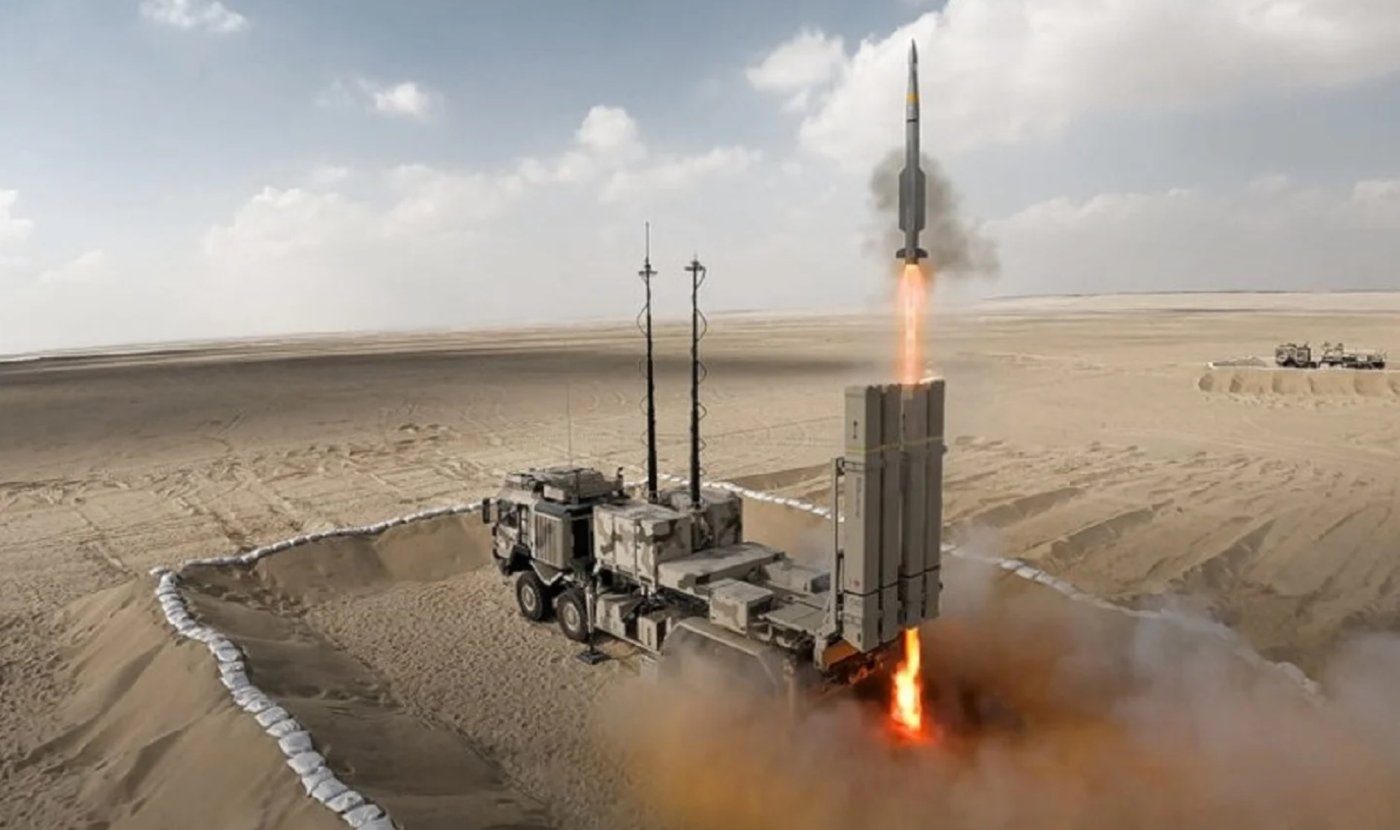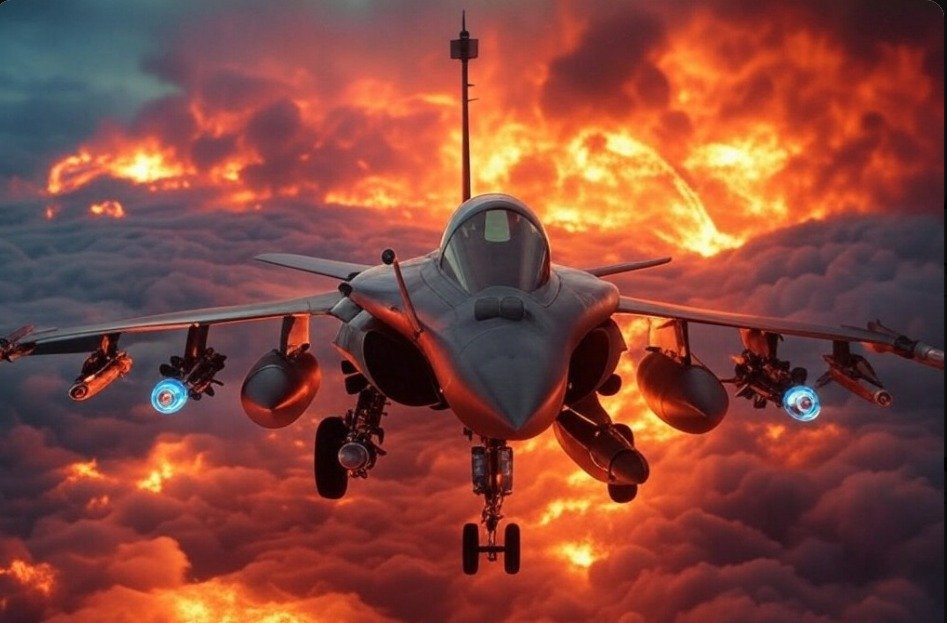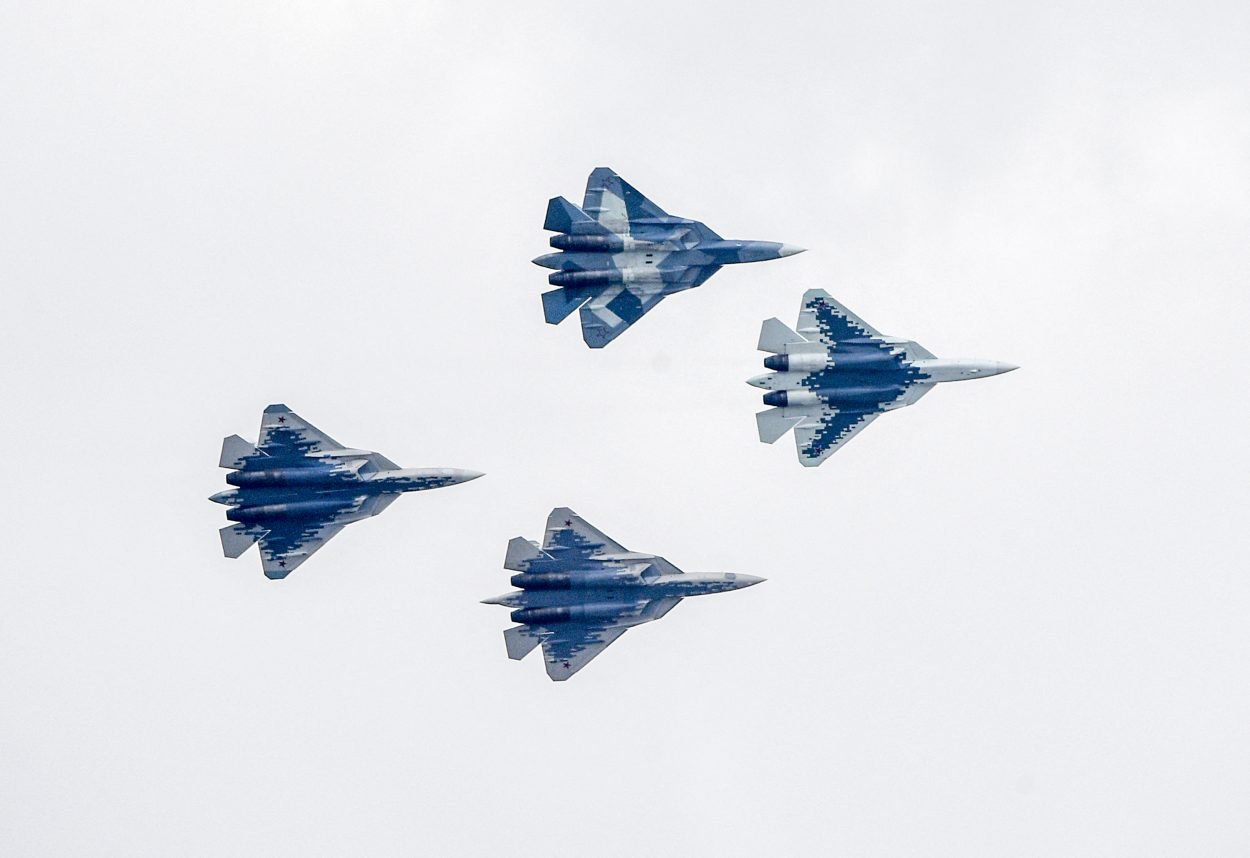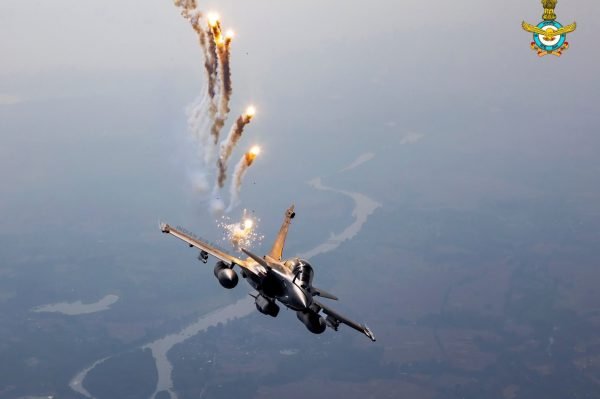Pakistan and Israel stand on opposite ends of all international politics, with Islamabad refusing even to recognize the Jewish nation. However, there is one thing in common between them: both countries have nominated US President Donald Trump for the Nobel Peace Prize after the end of their respective wars.
Emerging from the shadows of a four-day war with its arch-nemesis India in May 2025, Pakistan officially recommended the US President for the Nobel Peace Prize, citing his “decisive diplomatic intervention” and “pivotal leadership” that led to the end of hostilities between the two South Asian countries.
The White House spokesperson, Anna Kelly, later stated that US President Donald Trump hosted Asim Munir, the Chief of Staff of the Pakistan Armed Forces, for lunch after Munir promised to nominate Trump for the Nobel Peace Prize for thwarting a potential nuclear war between India and Pakistan.
Following a similar path, Israeli Prime Minister Benjamin Netanyahu has now nominated Trump for the Nobel Peace Prize.
The leader of the Jewish state visited the White House bearing a letter of official nomination on July 7, over two weeks after the US President announced a ceasefire between Israel and Iran following the brutal ’12-Day War’ that was also joined by the US military forces.
“He’s forging peace, as we speak, in one country, in one region after the other,” Netanyahu said as he reached over the table to present Trump with his document. “So, I want to present to you, Mr. President, the letter I sent to the Nobel Prize Committee; it’s nominating you for the Peace Prize, which is well deserved, and you should get it.”
President Trump is “forging peace as we speak, in one country and one region after the other. So, I want to present to you, Mr. President, the letter I sent to the Nobel Prize committee. It’s nominating you for the peace prize, which is well-deserved.” –Israeli PM @Netanyahu 🇺🇸🇮🇱 pic.twitter.com/ZZfUEcfOPd
— The White House (@WhiteHouse) July 8, 2025
Trump was reportedly taken by surprise at the nomination.
“Thank you very much. This I didn’t know. Wow,” Trump responded. “Coming from you, in particular, this is very meaningful. Thank you very much, Bibi.”
The nomination comes at an opportune moment, as the US is spearheading an effort to finalize a ceasefire agreement between Israel and the Gaza-based Hamas militant group.
For Trump, an agreement to stop the war in Gaza would be another milestone in his long-running and “extremely challenging” mission to establish peace in the Middle East as part of his legacy, as well as his attempt to win the Nobel Prize.
“I’m stopping wars. I’m stopping wars. And I hate to see people killed,” Trump said on July 7, ahead of the dinner with Netanyahu.
Interestingly, countries on the other side of this—India and Iran—never truly recognized the US’s role in peace.
For instance, India and Pakistan agreed to a ceasefire on May 10 after four days of fighting that began with Indian strikes on terror infrastructure inside Pakistan on May 7.
India vehemently rejected Trump’s assertions, where the US president claimed to have threatened cessation of trade with India and Pakistan to get them to agree to a ceasefire.
“From the time Op Sindoor started on May 7 till the understanding on the cessation of military action on May 10, there were conversations between Indian and US leaders on the evolving military situation. The issue of trade did not come in any of these conversations,” the Indian Ministry of External Affairs said in a statement after days following the ceasefire.

Later, in a phone call with Trump, Indian Prime Minister Narendra Modi categorically asserted that the discussions between the Indian and Pakistani militaries led to the ceasefire and were initiated at Islamabad’s request.
Similarly, when Trump unilaterally announced a ceasefire between Israel and Iran on June 24 after entering the war on Israel’s side and bombing three Iranian nuclear facilities, the government in Tehran initially rejected that a ceasefire had been agreed on.
However, an Iranian official later confirmed that the ceasefire was accepted through mediation by the Qatari administration. Qatar’s Prime Minister, Sheikh Mohammed bin Abdulrahman Al Thani, held a call with Iranian officials after the attack, during which he laid out his proposal.
Despite this, both Pakistan and Israel have shown gratitude to Trump for putting an end to their respective wars.
Trump has made no bones about his wish to be awarded the world’s highest peace prize for what he claims are his relentless efforts to end wars globally, from South Asia to West Asia, Europe to the wider African region.
For Netanyahu, the United States is more like a patron, enabling all its actions in the Middle East and supporting it almost unconditionally.
Meanwhile, for Pakistan, wooing the US President with a title that he is desperately seeking is part of its information warfare and narrative setting in Islamabad’s favor, according to Indian experts who have been very vocal in their criticism of the Pakistani military chief.
Pakistan & Israel Are Never On The Same Page
Israel and Pakistan rarely agree on anything in international politics. The state of Israel has never been formally recognized by Pakistan, and all Pakistani passports bear the declaration that they are valid for travel to all nations except Israel.
Pakistan has continuously voted against Israel in the United Nations, and Pakistanis are among the most outspoken critics of Israeli policy in Gaza.
Notably, protests against Israel are commonplace in Pakistan, where extremists frequently charge Tel Aviv for spearheading a global Jewish-Hindu coalition against the Muslim Ummah.
Pakistan gained independence from British rule and became an independent state after Partition with India in 1947. Israel’s destiny, on the contrary, was sealed in 1948.
Pakistan voted against the partition plan for Palestine through the United Nations Special Committee on Palestine, as it disapproved of the idea of establishing a Jewish state in Palestine.
Since then, Pakistan has consistently tried to delegitimize the state of Israel based on arguments such as: Israel is and has always been a colonial enterprise, and that the British tactic of “divide and rule” to stifle the local anti-colonial independence movement led to the establishment of Israel.
Pakistan aligned with the West during the Cold War and maintained strong ties with Muslim-majority countries. On the contrary, Israel was hostile to Muslim-majority countries in the Middle East and fought multiple wars with them.
Though several of these countries have now normalized ties with Israel at the behest of the United States, Pakistan is still many steps away.
Israel, on its part, covertly tried to prevent Pakistan from obtaining nuclear weapons. Israel’s Begin Doctrine, named after former Israeli Prime Minister Menachem Begin, is a cornerstone of Israeli strategic policy that mandates that the country must pre-emptively deny its adversaries the ability to acquire nuclear weapons.
Pakistan was never directly identified as an adversary by Israel. However, the Israeli spy agency Mossad is suspected of detonating bombs and delivering threats to German and Swiss corporations that were actively assisting Pakistan’s nascent nuclear weapons program in the 1980s.
The Swiss newspaper Neue Zürcher Zeitung (NZZ) wrote in 2022: “The suspicion that the Mossad might be behind the attacks and threats soon arose. For Israel, the prospect that Pakistan, for the first time, could become an Islamic state with an atomic bomb posed an existential threat.”
Islamabad touted its nuclear arsenal as an Islamic bomb to imply that it would be a shared property of the entire Muslim world. While there was little truth in that narrative, Israel could have potentially felt threatened for that very reason.
At this point, Israeli foreign policy does not focus on Pakistan or views it as a threat. Pakistan experts do criticize the Jewish nation’s policies, but the Pakistani Army and government do not call for the destruction of Israel like Iran.






